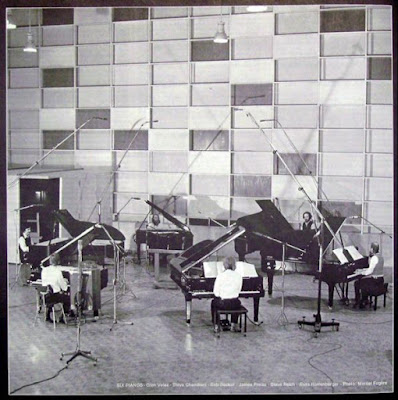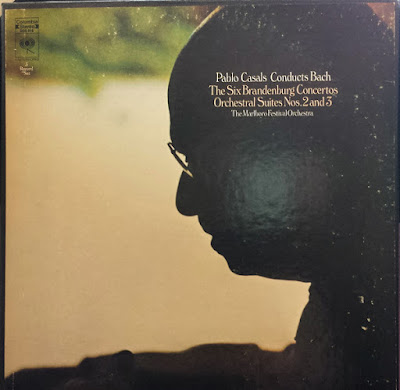If I can look into the fortune teller's crystal ball, I can safely predict that there will be many more live David Bowie albums in the coming years. Which by the way, I'm not complaining. "Welcome to the Blackout" was recorded on June 30, and July 1, 1978, and the last shows of this particular tour. Oddly enough I do not have "Stage" in my collection, so I can't make the comparisons between the two live albums, which were both recorded on the same tour. On the other hand, it's an exciting mix of musicians backing Bowie up. There's the Station to Station lineup of George Murray, Carlos Alomar, and Dennis Davis - a powerful rhythm section with Alomar mostly on rhythm guitar. Then there is the arty side, which is Adrian Belew, Roger Powell (from Todd's Utopia), Sean Mayes, and violinist Simon House who played with Hawkwind.
If this were a sandwich, Murray/Alomar/Davis would be the meat, and the others are expensive dressings on those two pieces of bread. It's a terrific band, but on record, I think I prefer the Station to Station group because it was more focused and had a more of an attack on the material. The songs on this album are almost speeding metal versions, in that the pacing is upbeat, and goes quite quickly. Bowie's vocals and pronunciations are perfectly pitched and entirely understandable. The Ziggy Stardust side doesn't allow any space or silence between the songs. It's one rush of a full-length melody that is effective. Their version of "Ziggy Stardust" is very textured and exciting interplay between the electric violin and Belew's guitar.
The material is very much Ziggy (all in one go) with a few songs from "Station to Station" and the rest from "Low" and "Heroes." Oh, and there is an excellent Weill/Brecht song as well. A must for the collection or completist, but is it essential? Tony Visconti did the original recording of the album, and Bowie did finish this live album at the time, but forever reasons, was never released until now. Perhaps Bowie himself is a completionist as well.





